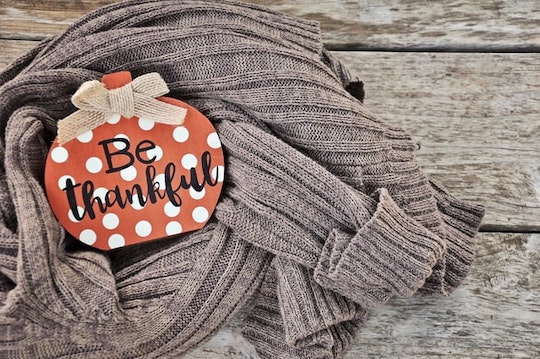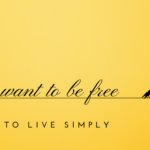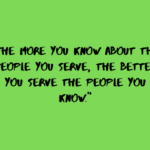“The thankful receiver bears a plentiful harvest.”
—William Blake, 19th Century English poet
How thankful have your felt lately? What are the things you appreciate the most? Try rattling off a list or 10 or even 20 items that come to mind.
Did you have clean water and clean air on your list? How about nutritious food in adequate amounts? What about having shelter and people who care about you?
Dig a little deeper into your list-making effort to determine your essentials. Notice your level of gratitude for the things many people don’t have or live in fear of going without.
It is puzzling to note many of us focus on what’s missing and our wants for more instead of being truly thankful for what we already have in great abundance.
EXERCISE:
Where and how can you be a far more thankful receiver?
Where and with whom could you be a more generous giver to support others in having a more plentiful harvest?














